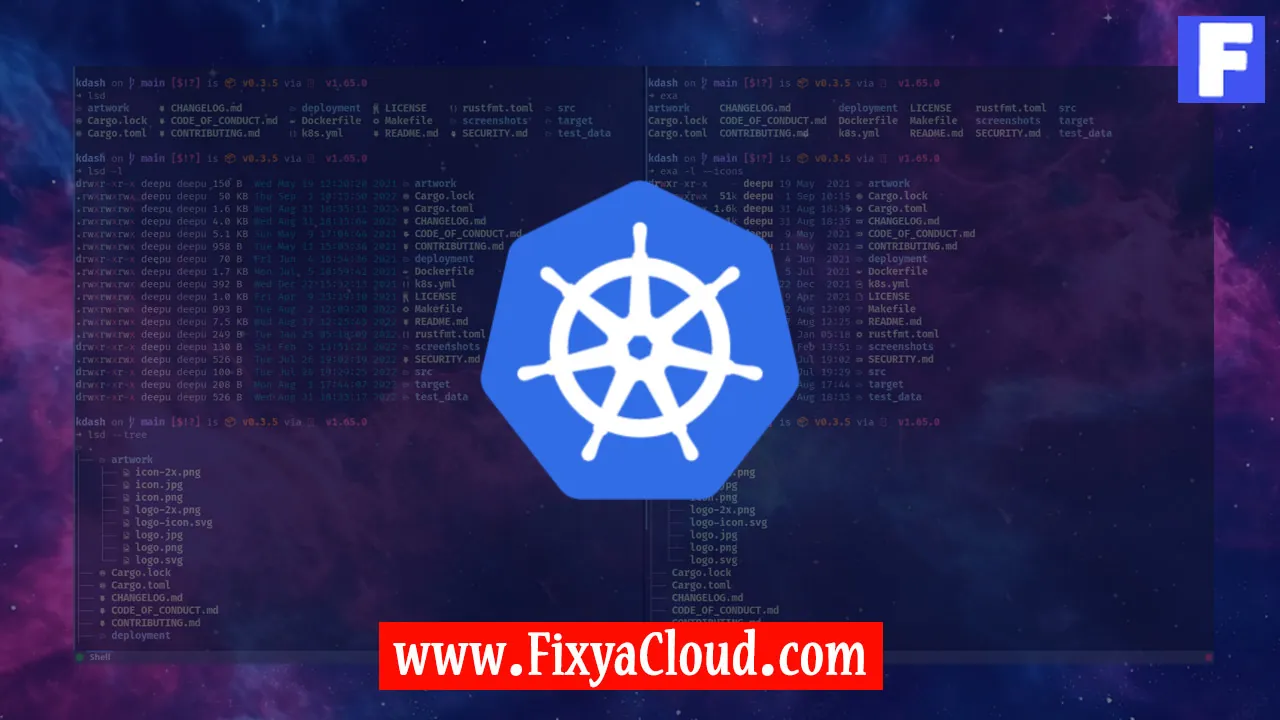5 Differences between Cloud Engineer and Kubernetes Engineer

In the ever-evolving landscape of cloud computing, professionals with specialized skills are becoming increasingly vital. Among these roles, Cloud Engineers and Kubernetes Engineers play pivotal roles, but they are distinct in their focus and responsibilities. In this article, we will explore five key differences between these two roles, shedding light on the unique contributions each makes to the world of cloud technology.
1. Scope of Responsibility:
Cloud Engineers primarily focus on the broader cloud infrastructure, dealing with the design, deployment, and maintenance of cloud solutions. They handle tasks such as network configurations, security protocols, and resource management. On the other hand, Kubernetes Engineers have a more specific role, concentrating on container orchestration using Kubernetes. They deal with containerized applications, ensuring efficient deployment, scaling, and management within Kubernetes clusters.
2. Skill Set:
Cloud Engineers require a diverse skill set encompassing knowledge of various cloud platforms, networking, security protocols, and automation tools. Proficiency in infrastructure as code (IaC) and a deep understanding of virtualization technologies are also crucial. Kubernetes Engineers, however, need expertise in containerization technologies, Docker, and Kubernetes itself. They work extensively with YAML files, defining configurations for deploying and managing containerized applications.
Commands and Examples:
Cloud Engineer:
# Create a virtual machine in AWS
aws ec2 run-instances --image-id ami-12345678 --instance-type t2.micro --key-name my-key
# Configure a security group
aws ec2 create-security-group --group-name my-security-group --description "My Security Group"
Kubernetes Engineer:
# Deploy a Kubernetes pod
kubectl run nginx --image=nginx --port=80
# Scale a deployment
kubectl scale deployment nginx-deployment --replicas=3
3. Infrastructure vs Application Focus:
Cloud Engineers are responsible for managing the entire cloud infrastructure, including servers, storage, networking, and databases. They ensure the reliability and availability of the overall cloud environment. In contrast, Kubernetes Engineers concentrate on the application layer, ensuring that containerized applications run seamlessly within Kubernetes clusters. They optimize application performance, scalability, and resource utilization.
4. Toolset:
Cloud Engineers work with a diverse set of tools such as AWS, Azure, Google Cloud, Terraform, and Ansible. They are versed in cloud-native services for compute, storage, and databases. Kubernetes Engineers, however, specialize in tools directly related to container orchestration, including kubectl for Kubernetes cluster management, Helm for package management, and Prometheus for monitoring containerized applications.
Step-by-Step Instructions:
Cloud Engineer:
- Provision infrastructure on a cloud platform.
- Configure network settings and security groups.
- Set up auto-scaling for dynamic resource allocation.
Kubernetes Engineer:
- Containerize applications using Docker.
- Deploy applications on a Kubernetes cluster.
- Define Kubernetes resources using YAML files.
- Implement rolling updates and rollbacks for application changes.
5. Scale and Automation:
Cloud Engineers focus on scaling entire infrastructure to accommodate increased workloads. They automate tasks using IaC tools to achieve consistency and efficiency. Kubernetes Engineers, in contrast, automate the deployment and scaling of containerized applications within Kubernetes clusters. They leverage Kubernetes features like Horizontal Pod Autoscaling for dynamic workload adjustments.
Related Searches and Questions asked:
That's it for this topic, Hope this article is useful. Thanks for Visiting us.
